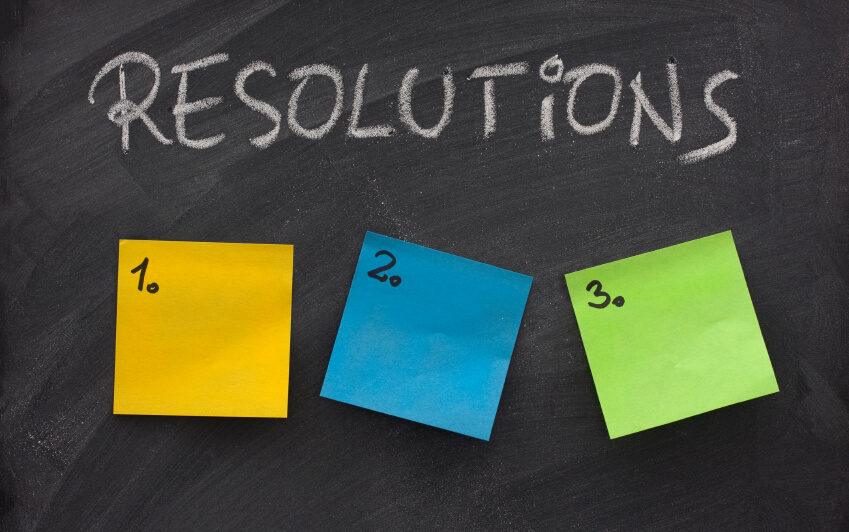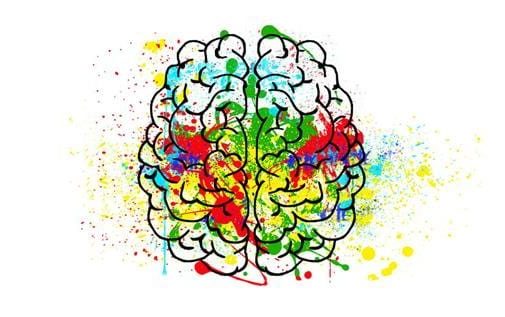By Doug Norry
January 20, 2022
Among my many opportunities to visit classrooms each week, reading to our TK-2 students is a real highlight. Last week, many selections focused on Dr. Martin Luther King, Jr. We learned about his upbringing, his belief in the power of words, his leadership in the fight for civil rights, and his legacy. Students in all grades focused on the life and contributions of Dr. King. Here are just a few snippets:
In TK, students watched the PebbleGo biography on MLK and wrote some examples of how they can be a good friend or ally to someone else.
In Kindergarten, after learning about the dream that Dr. King shared, students thought of their own dreams that could help make our world a better place.
In first grade, after conducting some research, students wrote about what they would do if we saw someone being treated unfairly, relating back to our Interrupt, Question, Educate, Echo lessons from earlier in the year.
In second grade, watching Dr. King’s “I Have a Dream” speech led to a rich discussion about community, social justice, and equality.
Fifth graders focused on Dr. King’s quest for voting rights, noting that this topic is still ‘front and center’ in our national discourse more than fifty years later.
In Language Arts, eighth graders are reading March by John Lewis, the first volume of which prominently features Dr. Martin Luther King. This coincides with their civil rights unit in Social Studies.
In all cases, these lessons and activities included content (covering Dr. King’s leadership of the Montgomery bus boycott, the Poor People’s Campaign, and so much in between), a connection to the students’ lives (focusing on being an ally to those treated unfairly, the power of dreams, and more), and an acknowledgment that the work championed by Dr. King is far from complete.
So many of Dr. King’s words have been quoted, popularized, and dissected by scholars and citizens alike. One sentence that sticks in my mind is etched in granite at the MLK Memorial in Washington, D.C.:
“The arc of the moral universe is long, but it bends toward justice.”
With these words, King shares an inspirational, optimistic view that change might be slow, but it will surely come. Change has come, in many forms, over the past half-century. That said, it’s worth remembering that progress is not predetermined. We need to teach our children that they have the power and responsibility to make a difference in our world. To borrow Dr. King’s words, all of us need to do the bending.

